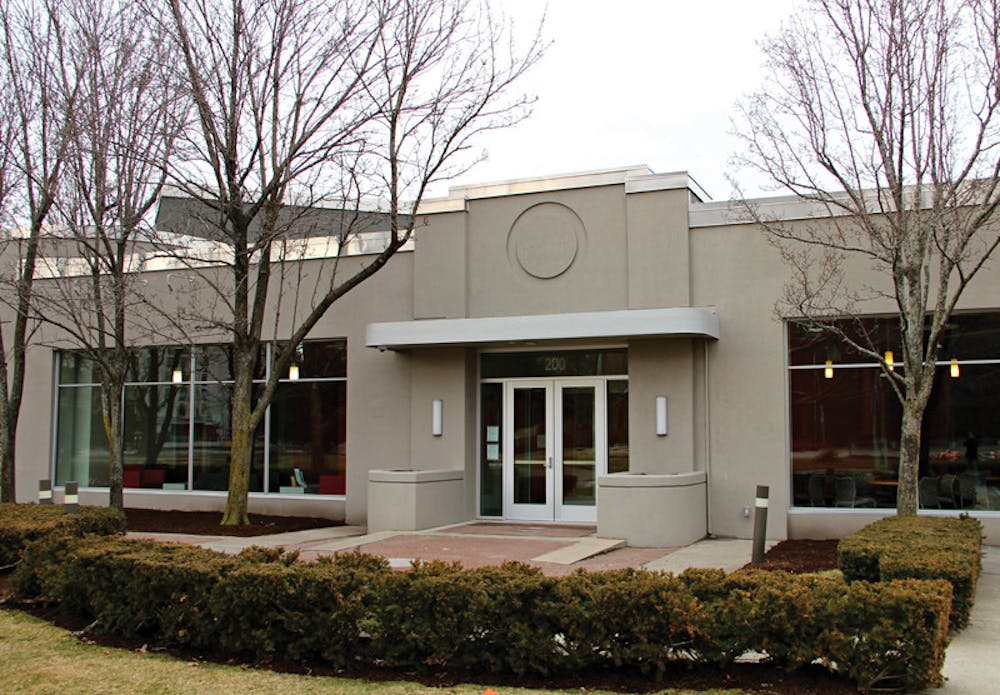The Office of Admission has experienced Common Application system processing errors affecting an estimated 30 to 50 early decision applications to the class of 2018, said Dean of Admission Jim Miller ’73.
The Admission Office’s current tally of early decision applicants stands at about 2,990. But this number is “meaningless,” Miller said, and may rise when processing issues are resolved.
Last year 3,010 students applied early decision to the class of 2017, marking an all-time high, and 558 were granted admission, The Herald reported at the time.
The Admission Office is waiting to report any statistical figures — like the racial and geographical breakdown of applicants and the number of applicants to the Program in Liberal Medical Education — until the Common App fixes the site processing issues, Miller said. He added that he hopes these problems will be resolved within the next week.
The University’s early decision deadline was Nov. 1, but the Admission Office offered extended time to applicants on a case-by-case basis depending on applicants’ difficulties using the Common App website, The Herald reported last month. About 30 to 40 extensions have been granted so far, Miller said.
Josh Roshal, a senior at Staten Island Technical High School in Staten Island, N.Y., said he expected technical difficulties when he applied early. He said he set a personal application deadline of Oct. 28 because he thought the Common App site would crash from high user traffic on Nov. 1.
Roshal did not receive a notification that his admission materials were received until two days after submitting, he said.
Many applications are still being processed, but the Admission Office is not likely to push back the mid-December date for releasing decisions to early applicants, Miller said. Last year’s Nov. 1 early decision deadline was extended due to Hurricane Sandy, but the Admission Office still notified early decision applicants of their admission statuses by Dec. 12, he said.
“Everybody who is involved has encountered some of the glitches,” Miller said. “We’re not worried, though, that anyone will not complete or not come through to us.”

ADVERTISEMENT




